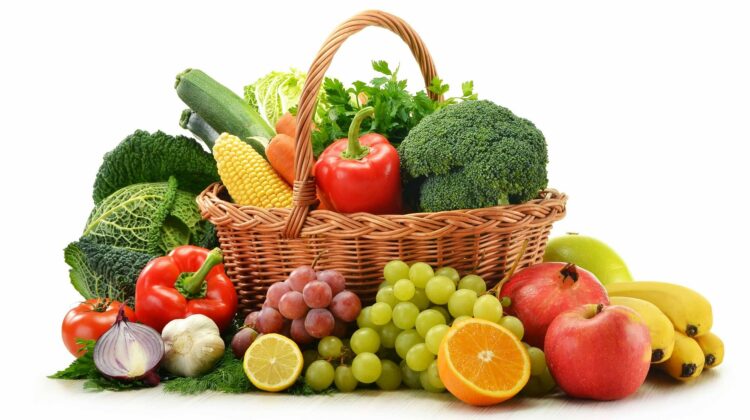
Commerce Ministry shifts focus to push fresh fruits and vegetables to US and EU
NEW DELHI : With an export ban in place on rice and wheat, the Union Commerce Ministry has shifted its focus to exports of agricultural products including fresh fruit and vegetables to new destinations, including the US, European Union and African countries, two persons said.
The new playbook involves trial shipments of mangoes, pomegranates, and bananas among others to these geographies shortly. This move, being rolled out by the Agricultural and Processed Food Products Export Development Authority (Apeda) is part of the government’s efforts to double its agricultural exports to $100 billion by 2030.
“The commerce ministry is focusing on harnessing the export potential available in the newly discovered markets of Nigeria, Switzerland, Lithuania, Slovenia, Mexico, Sweden, Portugal, Cameroon, Djibouti, Latvia, Egypt, and Senegal, among others,” one of the people cited above said.
The move is seen as a redefined approach to fill the export gap that widened after the ban on essential food items like wheat, non-basmati rice, and broken rice.
According to Mr. Rakesh Arrawatia, professor of finance and accounting at Institute of Rural Management Anand (Irma), this will encourage farmers to diversify their crops from conventional crops to cash crops.
“The push to export fruits and vegetables will not only increase farmers’ income and bring foreign exchange for the country, but it will also help address our export-import imbalances,” Arrawatia said.
Wheat export was banned in May 2022, while trade of broken rice was halted in September 2022 and the ban on non-basmati rice has been in force since 20 July 2023, with limited possibility of its lifting, given that the ruling dispensation has extended the free-ration scheme for 800 million beneficiaries until the end of 2028
Apeda’s scheduled products are exported to over 203 countries, including the Netherlands, Germany, UK, Bangladesh and China.
“It’s the outcome of the government’s tactical move that the export of fresh fruits and vegetables has witnessed exponential growth in February 2024 compared to January’s figures. The rise in exports, despite Red Sea disruptions, shows that there is a great demand for Indian fruits and vegetables in newly exported markets,” the second person said.
In fruit, India stands as the leading producer of mangoes, bananas, papayas and guavas. Globally, it holds the seventh position in pomegranate production.
In vegetables the country is the largest producer of ginger and okra and ranks second in potato, onion, cauliflower, brinjal and cabbage.
In FY23, India’s agricultural exports stood at $53.1 billion, with the Apeda contributing a significant 51% share.
The export of agricultural and processed food products stood at $21.6 billion until April 2023-February 2024, which is lower than the previous year’s export figures of $23 billion for the corresponding months.
However, the exports of fruit and vegetables have grown by 34%, reaching $3.22 billion in the eleven months of FY24, up from $2.79 billion in the corresponding months of FY23.
India exported 227,699 tonnes of cucumber and gherkin to countries worldwide, valued at $218.74 million during 2022-23 and major export destinations included the USA, Russia, France, Spain, and Germany, among others.
According to a rough estimate by the Directorate General of Commercial Intelligence and Statistics, rice exports in the first eleven months of FY24 declined by 7% to $9.32 billion compared to the previous year, primarily due to the ban on white and broken rice exports. The 20% export duty on part-boiled rice has also contributed to the decline in the value of rice exports.
The livestock products such as buffalo meat, dairy and poultry, a key item in the Apeda’s export basket, rose by 13% to $4.1 billion during April-February period of FY24 in comparison to the previous fiscal.

